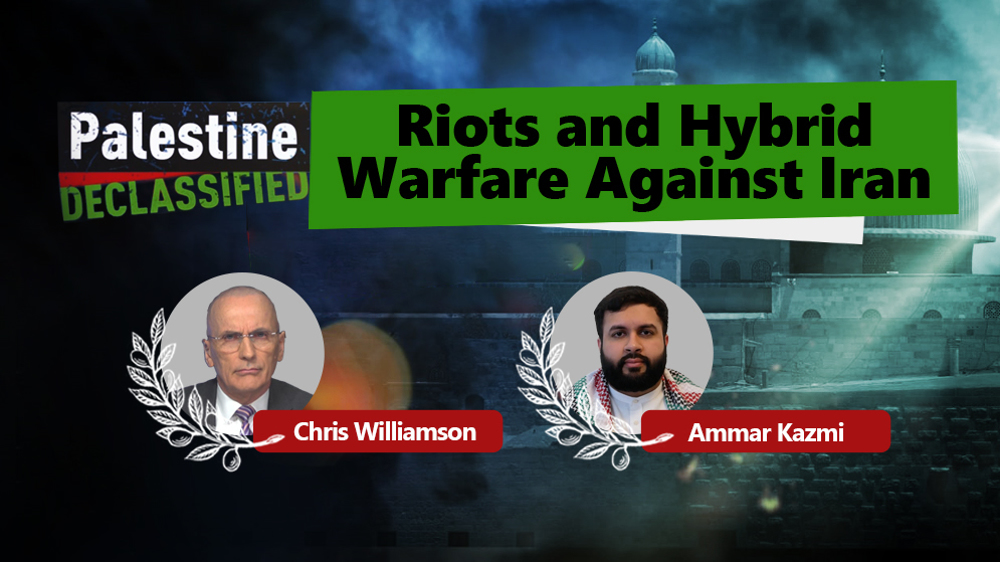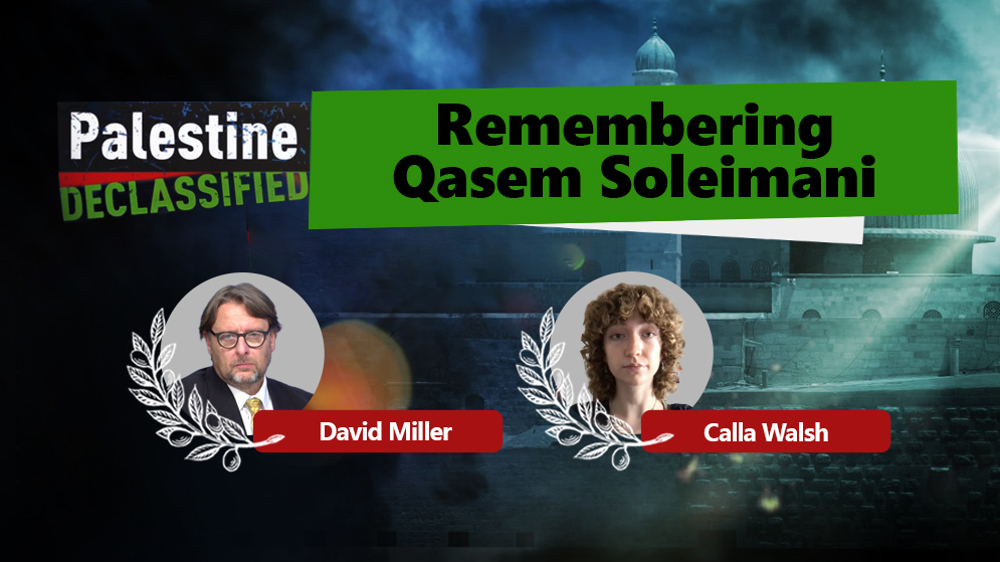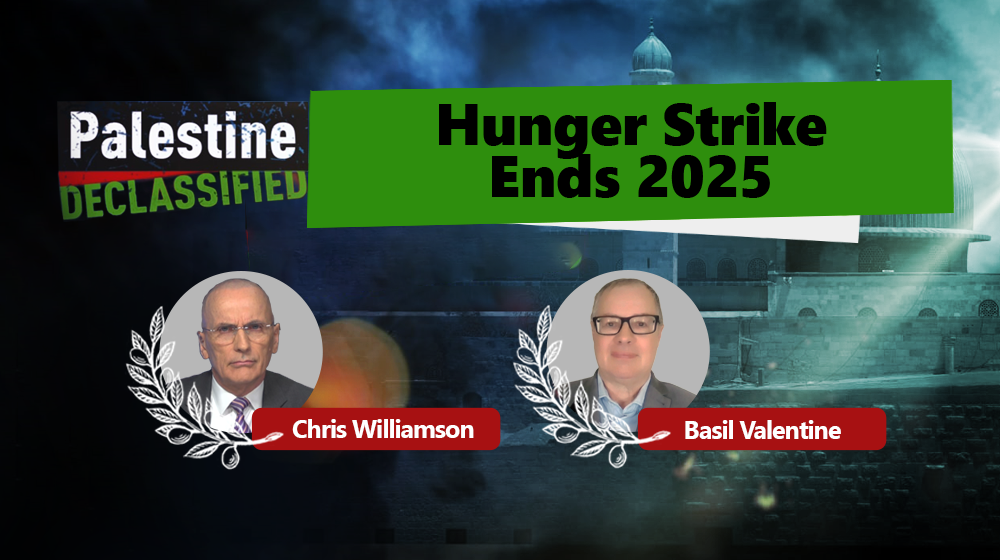Remembering Rachel Corrie
It is nineteen years since Rachel Corrie, a 23-year-old non-violent activist was crushed to death – murdered - by Zionist occupation forces using a Caterpillar bulldozer in Rafah, Gaza.
But who was Rachel Corrie, why was she in Rafah, and what has been her legacy? Rachel Corrie grew up in Olympia in Washington State in the US, famously concerned about the problems of the world. Later, inspired by the anti-war movement after 9/11 Rachel was drawn to the issue of Palestine. She arrived in Gaza in 2003. She was murdered in Rafah defending Palestinian homes from demolition with her comrades from the International Solidarity Movement - a Palestinian-led activist group dedicated to nonviolent direct action against Zionist forces in the occupied West Bank and Gaza.
Four eyewitnesses contradicted Zionist military lies that Rachel’s was an accidental death. One said: [The bulldozer] turned toward a house we knew to be threatened with demolition. Rachel knelt down in its way...There is no way she could not have been seen by them in their elevated cabin’. Still, no one was brought to justice. The last legal case ended in 2015 with the supreme court rejecting the claim for damages in the symbolic amount of $1. Rachel was murdered three days before the Western invasion of Iraq on 19 March 2003. Less than a month later British ISM member Tom Hurndall was shot in the head by a Zionist sniper while trying to protect Palestinian children from Zionist fire. Hurndall’s murder brought to the end a period of violent assaults on ISM members which started in April 2002 resulting in two deaths and severe injuries for three other ISM members. None of the victims got full justice for the crimes committed against them. But Rachel’s death galvanized resistance to ethnic cleansing in Palestine. Tributes flowed in from Palestine and around the world. She became an icon of resistance to Zionist ethnic cleansing. Her writings were turned into a play and published in full.
Rachel’s parents set up the Rachel Corrie Foundation for Peace and Justice and continue to campaign in support of BDS and Palestinian rights.
But what has been the long-term impact? House demolitions have continued, indeed increased since 2003 according to the United Nations. The Israeli Committee Against House Demolitions estimates that about 52,000 Palestinian homes were demolished in the Naqba and another 56,500 in the territories occupied since 1967. More than a million Palestinians have been made homeless as a result of this ongoing crime against humanity. Today Palestinians are even forced to demolish their own homes or suffer fines or retribution from the military. But today the resistance to home demolitions and ongoing ethnic cleansing is picking up pace. The Palestinian people resist the occupier daily and worldwide revulsion against Zionist crimes continues to grow. We are closer now to the decolonization of Palestine than we were in 2003, and Rachel’s sacrifice is one of so many that have gotten us to this point.
Female ringleader confesses to contacting Netanyahu to fuel foreign‑backed unrest in Iran
Iran’s judiciary rejects ‘fabricated news’ by hostile media about death penalty for rioter
VIDEO | Press TV's news headlines
British complicity in Israeli crimes in Palestine
Iranian forces at ‘highest level’ of readiness, says IRGC amid US threats
FM Araghchi censures US ‘meddlesome, provocative’ policies vis-à-vis Iran
VIDEO | Pro-Palestine rally held in Spain’s Seville
VIDEO | New winter storm hits Gaza as humanitarian crisis in territory worsens









 This makes it easy to access the Press TV website
This makes it easy to access the Press TV website